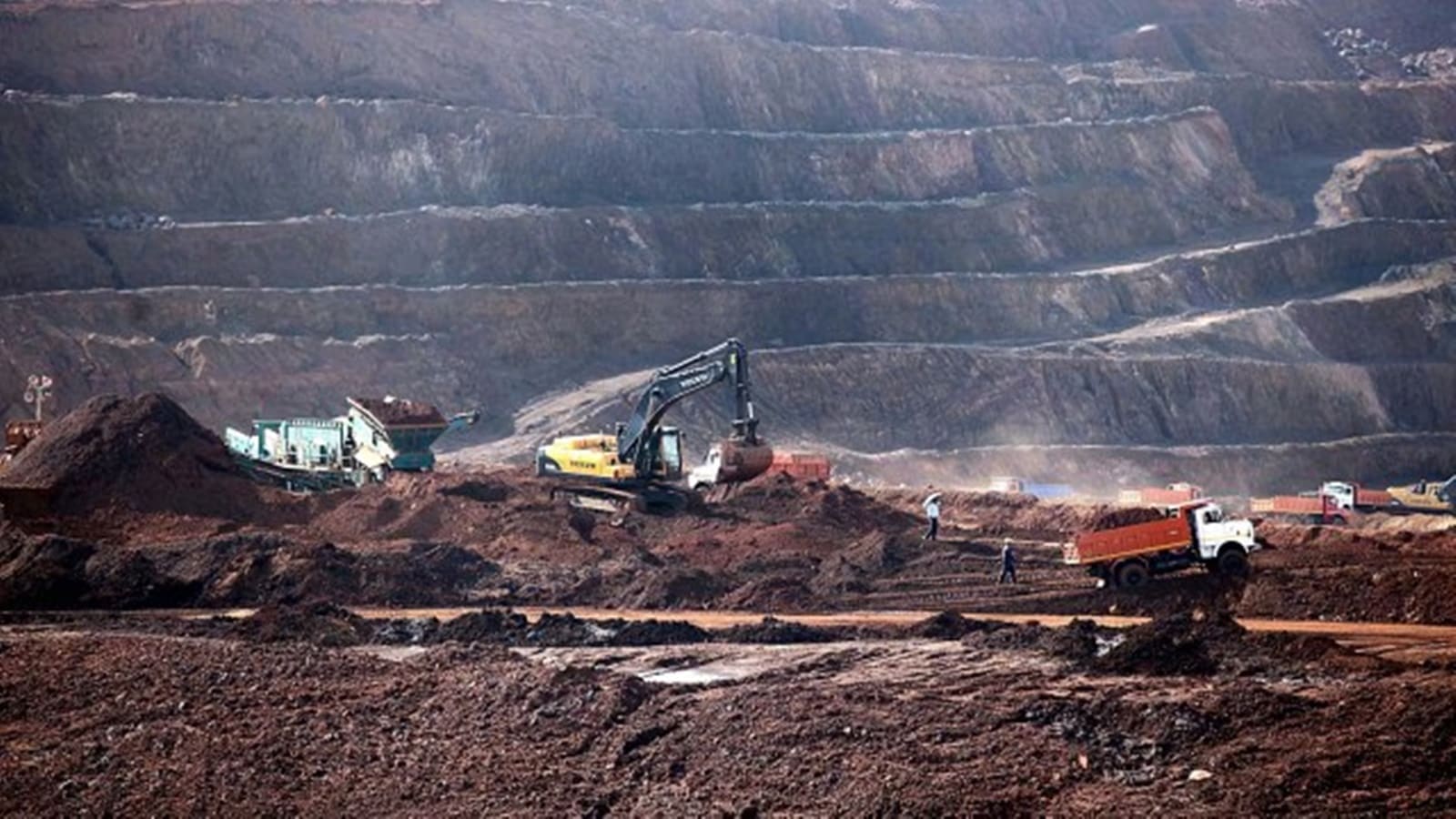New study calls for more reforms on mining regulations to develop critical mineral resources
The CSEP study pointed out that the market size of critical minerals required in clean energy technologies doubled between 2017 and 2022, with investments in development of these mineral resources showing a 20-30 per cent increase year-on-year.
 The study by the Delhi-based Centre for Social and Economic Progress (CSEP) said it was also important to allow global mining companies with proven track record to mine critical mineral resources in the country.
The study by the Delhi-based Centre for Social and Economic Progress (CSEP) said it was also important to allow global mining companies with proven track record to mine critical mineral resources in the country.Days after the government gave its approval to a National Critical Minerals Mission, a new study has called for further reforms in the regulatory provisions governing mining activities and a reconsideration of the auction mechanism for allocating mines in order to adequately utilise domestic resources of critical minerals.
The study by the Delhi-based Centre for Social and Economic Progress (CSEP) said it was also important to allow global mining companies with proven track record to mine critical mineral resources in the country.
Critical minerals are a class of raw materials like lithium or cobalt which have suddenly become very important because of their use in a range of new technologies like solar PV cells, batteries, computer chips and other high-end electronics. Not much in demand earlier, they are some of the most sought-after resources right now, with countries rushing to explore and develop their mining reserves wherever they can find.
The CSEP study pointed out that the market size of critical minerals required in clean energy technologies doubled between 2017 and 2022, with investments in development of these mineral resources showing a 20-30 per cent increase year-on-year. Availability of these minerals is concentrated in very few countries, and the global supply chain, covering the production and processing, is heavily concentrated in China.
India has a fair sprinkling of these mineral resources, but they have not yet been converted into economically viable mining reserves, the study said. As of now, India was 100 per cent import dependent for five important green technology minerals — cobalt, lithium, nickel, the class of minerals called Rare Earth Elements, and silicon.
In last year’s budget, Finance Minister Nirmala Sitharaman had announced the setting up of a National Critical Minerals Mission to secure critical mineral resources for India, both domestically as well as abroad. Last week, the union Cabinet approved an outlay of Rs 34,300 crore over a seven-year period for this mission.
“The mission aims to encourage Indian PSUs (public sector units) and private sector companies to acquire critical mineral assets abroad and enhance trade with resource-rich countries. It also proposes development of stockpile of critical minerals within the country,” a government statement said. It said the mission would cover all stages of the critical mineral value chain, including exploration, mining, processing and end-use.
The mission offers financial incentives for mineral exploration, and promises to create a fast-track regulatory approval process for the mining projects.
Products based on newer technologies have greater requirements of critical minerals than existing products, leading to a spurt in demand. A typical electric car, for example, is embedded with six times more minerals than a traditional fuel car. Similarly, a wind turbine uses nine time more minerals than a similar capacity thermal power plant.
The CSEP study, authored by Karthik Bansal and Rajesh Chadha, said India continued to face huge challenges in its efforts to develop and secure critical mineral resources, and needed to make several other policy interventions to overcome these.
It recommended that the government should amend in the Mines and Minerals (Development and Regulation) Act to further streamline the process of granting mining leases, and encourage private sector participation in exploration. It said exploration companies should be given the right to mine the minerals they discover to incentivise exploration activities. The country needed to invest heavily into exploration activities, new technologies and research and development, it said.
The study said previous attempts to take the auction route for allocating mines had not worked out very well, with several of these process having to be cancelled because of lack of technically qualified bidders or other problems. As such, the government should consider inviting global companies with technical expertise to participate in these projects.







